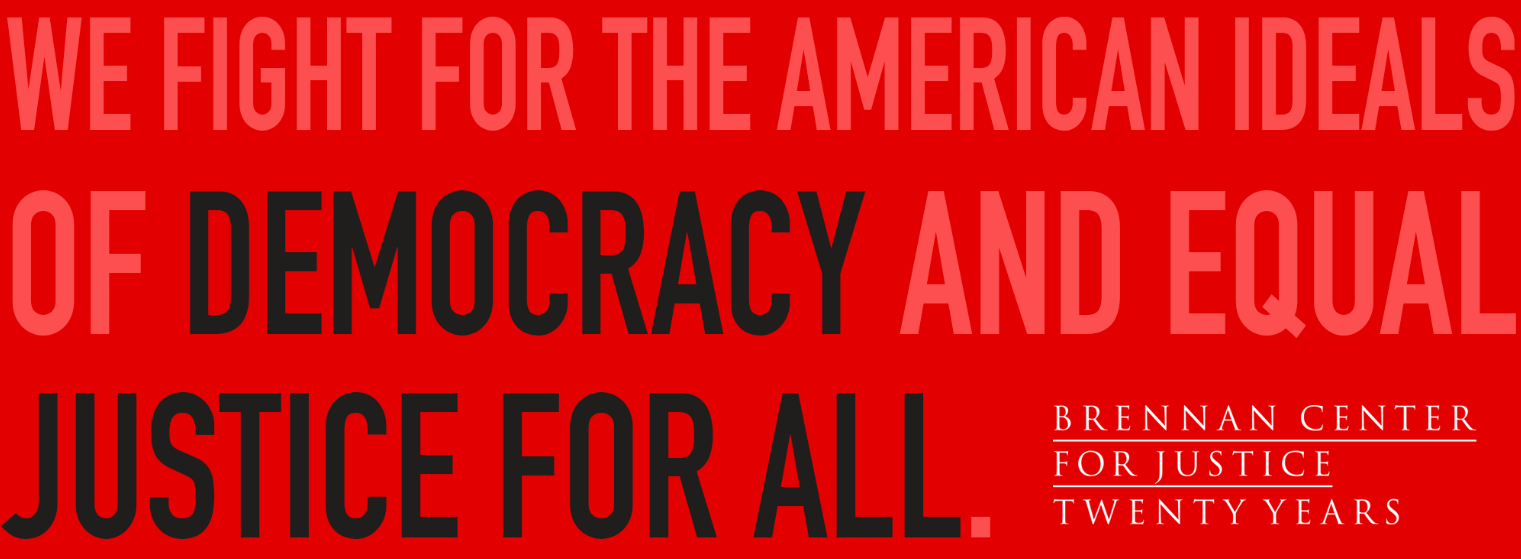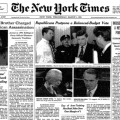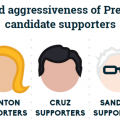Protecting Voting Rights Shows Gratitude to Veterans
Voting is the core of democracy, and not only that: it's also a way to thank veterans, active-duty, and their families for their service. That being said, I work with groups who are protecting Americans' right to vote. The Brennan Center for Justice is is a nonpartisan law and policy institute that seeks to improve our systems of democracy and justice.

Recently they updated me on the work they're doing…
Protecting voting rights in the courts: The Brennan Center and co-counsel won another victory in their longstanding federal lawsuit challenging Texas’s voter ID law. In 2013, Texas implemented a restrictive law that disenfranchised more than 600,000 registered Texans. Working with allies, the Brennan Center went to court representing the Texas NAACP and the Mexican American Legislative Caucus. After a string of successful rulings – in which Texas was found to have intentionally discriminated against Black and Latino voters – the legislature recently passed a new version of the law. It made slight modifications, but still prevented lots of registered voters from exercising their right to vote. Last week, the Brennan Center won the fight to strike it down.
In a separate case: In 2016, the Brennan Center and co-counsel won a court order temporarily preventing Kansas, Alabama, and Georgia from requiring voters to provide documentary proof of citizenship when they register using the federal voter registration form. They're continuing to litigate the case with the goal of making that victory permanent.
Advancing automatic voter registration: This week, with unanimous bipartisan support, Illinois became the latest state to adopt automatic voter registration (AVR). A signature Brennan Center policy proposal, AVR modernizes the voter registration process by changing it from “opt in” to “opt out.” When eligible citizens interact with certain government offices like the DMV, they are added to the voter rolls. Officials then transfer registration information electronically, instead of on paper.
AVR helps get more people registered to vote, and helps keep their information up to date. Following its first passage in Oregon in 2015, AVR is becoming the new normal at a dramatic pace: 10 states plus D.C. have now approved AVR. The bipartisan momentum for this transformative reform is a bright spot for American democracy.
Preventing foreign interference in our elections: Revelations around Russia’s efforts to hack the 2016 election have exposed just how vulnerable the U.S. election infrastructure is. (The Brennan Center’s 2015 study, America’s Voting Machines at Risk, found that 43 states were using dangerously outdated voting technology, greatly increasing security risks.)
The Brennan Center issued a major new report this summer, Securing Elections from Foreign Interference, which outlines the problems the U.S. faces and proposes solutions to secure voting machines and registration databases from future meddling. Their recommendations have been endorsed by major editorial boards including the New York Times and USA Today.
As I like to reiterate, the US really is "the shining city on the hill." I really feel seriously that this really is our civic duty, a shared responsibility to our communities and families to vote, and to have access to free and fair voting.





